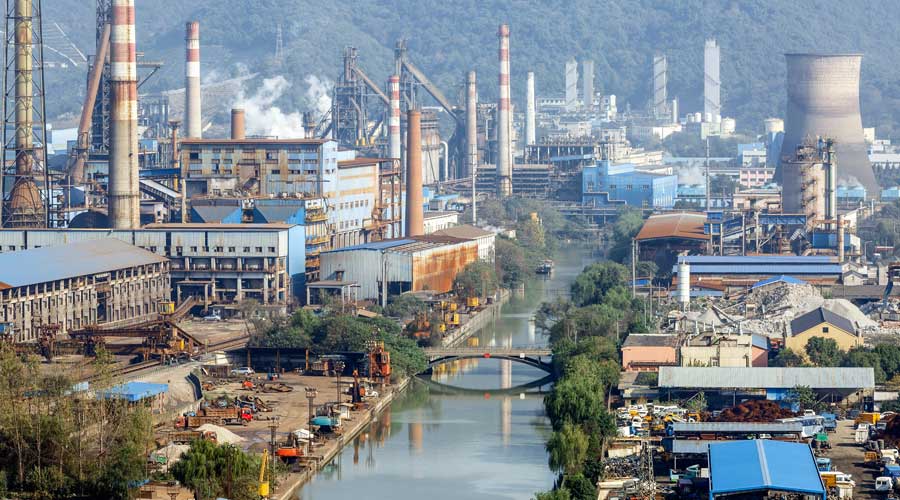The commerce ministry is proposing a host of direct and indirect incentives such as deferral of import duties and exemption from export taxes to revamp Special Economic Zones through a new legislation, an official said.
In the Union Budget this year, the government proposed to replace the existing law governing Special Economic Zones (SEZs) with a new legislation to enable states to become partners in 'Development of Enterprise and Service Hubs' (DESH).
The official said the commerce ministry has sought views of different ministries, including finance, on the new bill.
After collating the feedback, the ministry would seek approval of the Cabinet and then introduce the new bill in Parliament.
The proposals seek to provide incentives such as retention of zero-rating of IGST (integrated goods and services tax) on domestic procurement by a unit in an SEZ; continuation of indirect tax benefits to developers of these zones; and allowing depreciation on sale of used capital goods cleared to domestic tariff areas.
There is also a plan to extend the corporate tax rate to 15 per cent without any exemptions for units undertaking authorised operations in these development hubs.
States can also provide support measures to these zones to boost manufacturing and job creation.
The existing SEZ Act was enacted in 2006 with an aim to create export hubs and boost manufacturing in the country. However, these zones started losing their sheen after imposition of minimum alternate tax and introduction of sunset clause for removal of tax incentives.
These zones are treated as foreign entities in terms of provisions related to customs. Industry has time and again demanded continuation of tax benefits provided under the law. Units in SEZs used to enjoy 100 per cent income tax exemption on export income for the first five years, 50 per cent for the next five years and 50 per cent of the ploughed back export profit for another five years.
In the Budget 2016-17, the government had announced that the income tax benefits to new SEZ units would be available to only those units which commence activity before March 31, 2020.
As on June 30, 2022, the government has given formal approvals to 425 SEZ developers, out of which 268 are operational. These zones have attracted about Rs 6.5 lakh crore investments and employ about 27 lakh persons.
During April-June this fiscal, exports from these zones rose by 32 per cent to about Rs 2.9 lakh crore. It was about Rs 10 lakh crore in 2021-22 as compared to Rs 7.6 lakh crore in 2020-21.
Presenting the Budget 2022-23 , Finance Minister Nirmala Sitharaman had said: "The Special Economic Zones Act will be replaced with a new legislation that will enable the states to become partners in Development of Enterprise and Service Hubs."
This would cover all large existing and new industrial enclaves to optimally utilise available infrastructure and enhance competitiveness of exports.











